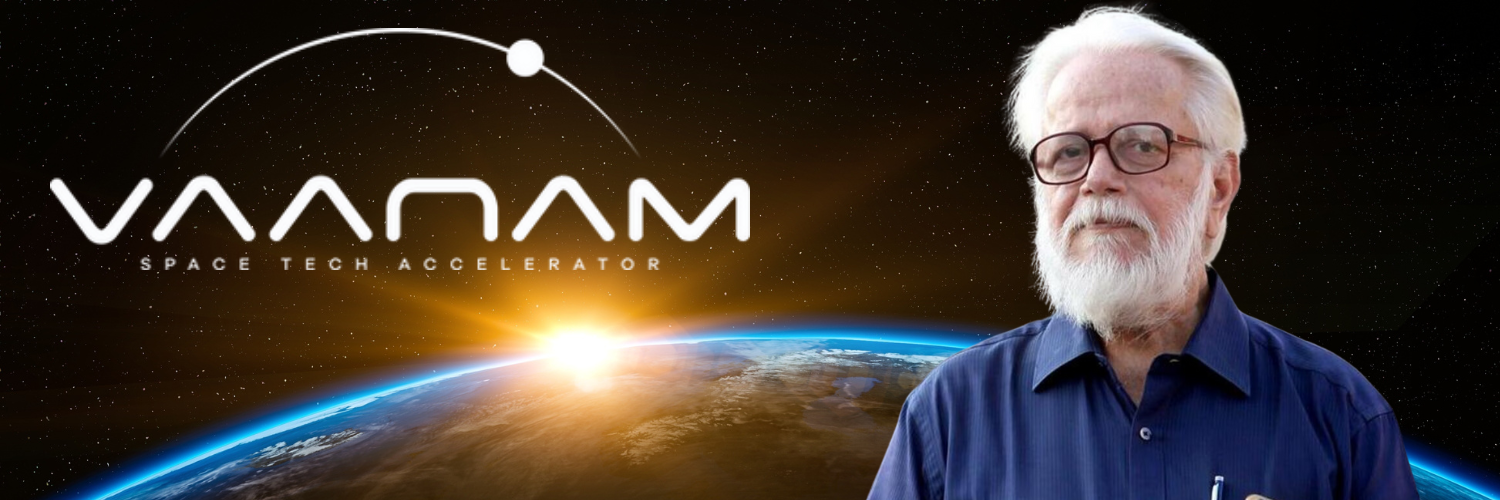Vaanam, India's first private-sector space tech accelerator, was launched in Chennai to support the space startup ecosystem, with a special focus on Tamil Nadu. The accelerator, an initiative by entrepreneurs Hariharan Vedamurthy and Sameer Bharat Ram, was inaugurated by Tamil Nadu Industries Minister TRB Raaja on Wednesday, with mentorship from former ISRO scientist Nambi Narayanan.
The accelerator aims to foster space startups and entrepreneurs from Tamil Nadu, where the Thoothukudi district will soon be home to India’s second rocket launchpad. A 2,000-acre propellant park is also planned in Thoothukudi’s Kulasekarapattinam, where a ₹950 crore spaceport is under development.
Minister Raaja highlighted the importance of accelerators for startups seeking funding, stating, “The state government is giving a huge push to space tech, and the union government is backing it.” He emphasized support for innovative ideas like space junk capture and refueling, predicting significant growth in the sector.
Nambi Narayanan remarked on the increasing awareness following India’s Chandrayaan mission, stating, “A majority of startups are doing what ISRO did 50 years ago.” He called for greater government support, noting, “ISRO can’t take the entire load in the space race, so private players need to compete internationally.” Narayanan also proposed the creation of an Asian Space Agency to financially support space programs and enhance trade relations among Asian countries, which he believes could aid future interplanetary travel.
Source: Hindustan Times
